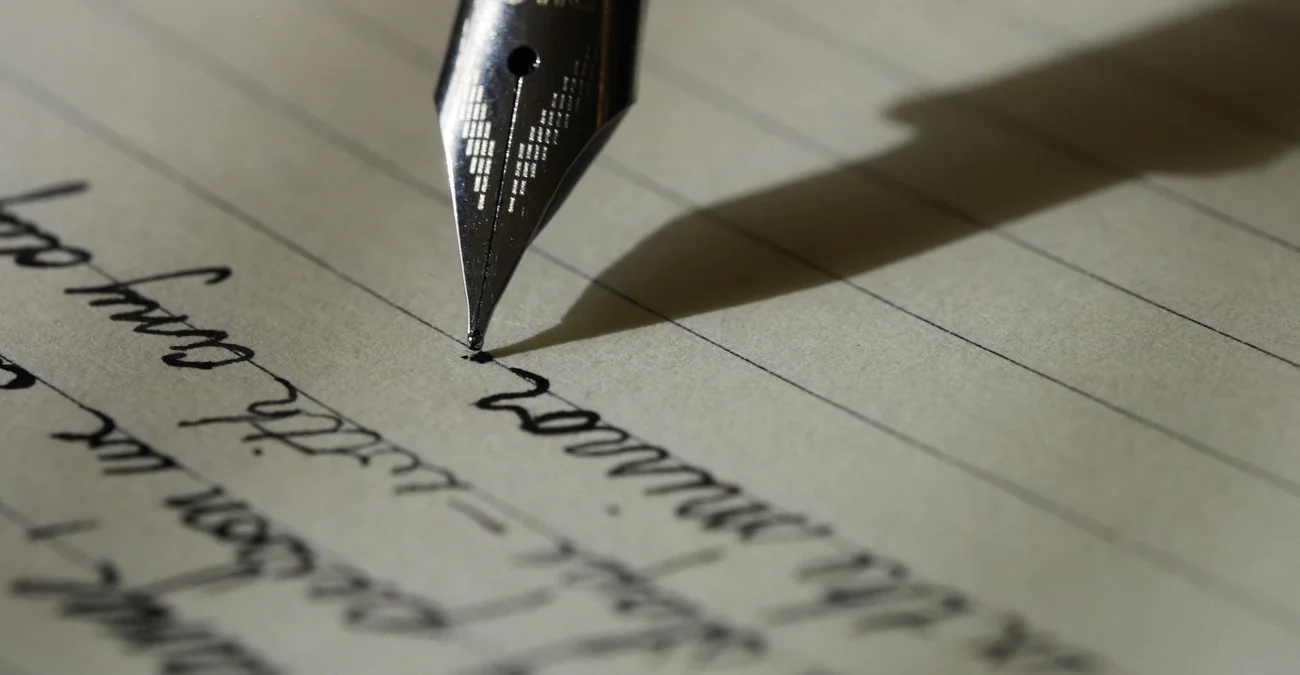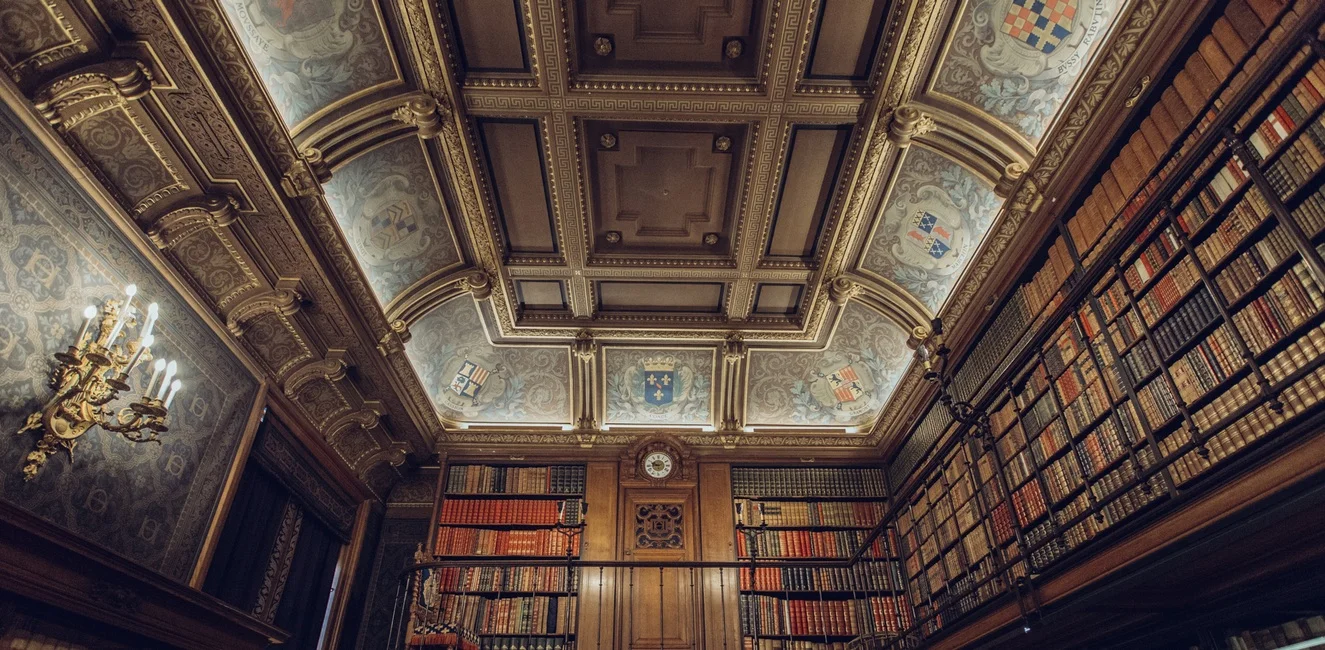Be the Reader that Makes a Difference
Over the years of keeping this book blog I’ve struggled with thematic posts because I tend to just want to write whatever I feel like and not have my posts be dictated by holidays. But as it happens, today, a Monday, the day I normally publish on, is Martin Luther King, Jr. Day and in light of his revolutionary work during the Civil Rights movement––work for which he gave his life––I’d be remiss to not acknowledge him on this day.
You may be wondering what MLK and this day in his honor has to do with books. I’ll tell you.
First, let me back up. I think it’s easy for readers to say “but what can I do?” or feel like they can’t make a difference because reading tends to be a solitary activity––something one does usually in the privacy of their own home. Reading is deeply personal and people generally don’t like being told what to read or being made to feel like they “should” be reading one thing or another.
And as a white person myself, I likewise feel like it’s easy to not have hard conversations. To not confront the racist uncle at the holiday table. To not check our parents’ assumptions about people of color and the realities they face. To not call our friends out when they say the n-word when they’re “just” rapping along with their favorite song.
And sometimes even when we do want to have those conversations, we don’t know how. We fear isolation or backlash and we don’t want to risk the reactions of the people we care about or having them turn on us and it alter our relationship with them. It’s easy to maintain the status quo. It’s easy to stay in the comfort zone.
But there’s good news. It’s easier to have tough conversations when you’re armed with facts. Books can help with that. It’s easier to have tough conversations if you can put the words in someone else’s mouth, quoting the experts who have already committed themselves to educating others through writing. Books can help with that too.
What I’m saying is, reading doesn’t have to be a solitary activity. If you make a commitment to educate yourself about the human rights issues of the world, you can better respond to the people in your daily life who you witness perpetuating injustices, false assumptions, racism, and other forms of hate.
Read the books of people like James Baldwin, Ijeoma Oluo, Ta-Nehisi Coates, bell hooks, Angie Thomas, Angela Y. Davis, and other civil rights activists. Write down the quotes that strike you. Commit their words to memory. Arm yourself with knowledge so when you hear someone say something racist, you can say, “Actually, I read this great book by _____ and they said _____.”
If you’re worried about saying the wrong thing, you can use the words of these writers and activists to put their words in your mouth. You can direct the person you’re confronting to resources and encourage them to educate themselves as well. You can do this with kindness and from a place of genuinely wanting to help. You can challenge people’s behavior in a way that’s beneficial to them.
Of course, this is easier said than done but it’s important work. This is how readers can literally make the world a better place.
You can even take it a step further by starting a human rights- and/or race-centered book club. We started a book club at my office where we read So You Want to Talk About Race by Ijeoma Oluo and even though only five people were able to attend, I think we’re all better for it. One black woman who attended said, “I’m just so glad to work at a company where this is even a conversation we can have.”
Ignoring race doesn’t make it go away. And if reading is your super power, you can do so much more good than you may realize.






